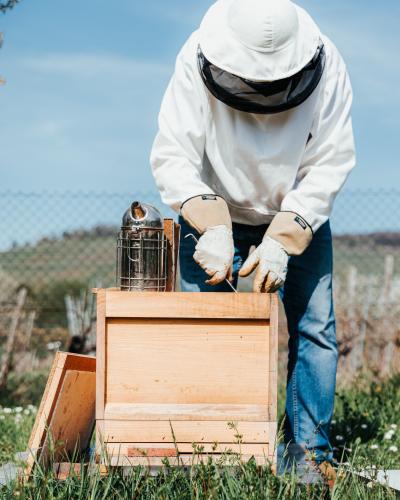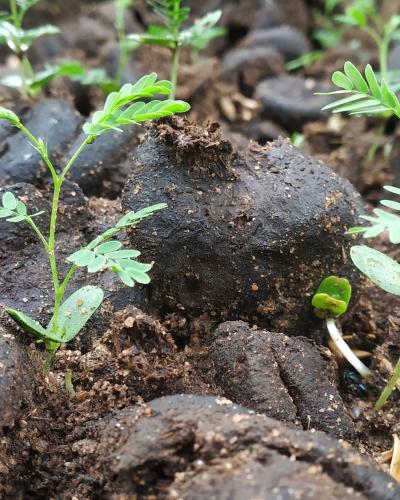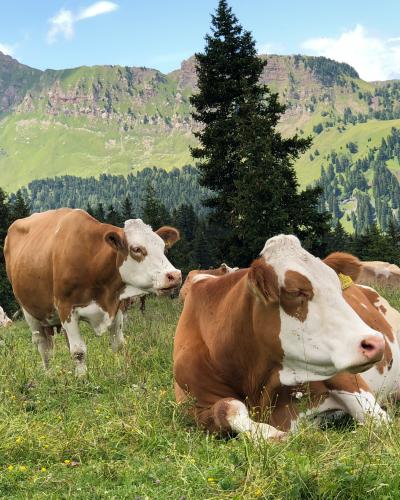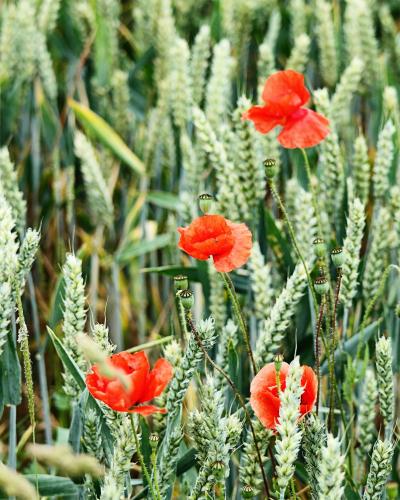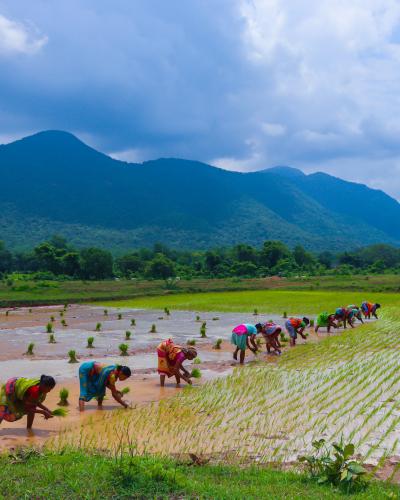Its agrarian landscape dotted with smaller farms that carry the potential for organic farming, experienced beekeepers in Serbia can more easily make the leap into organic honey...
There is so much (in)credible science that explains why organic is a good choice for people and the planet, and more is published every week. The Organic Center summarizes the latest research into distilled bites so you can make informed choices. We only report on peer-reviewed studies and always will. Check out our research blog and sign up for our newsletter to get the latest science delivered right to your inbox.
Jul 12, 2022
Tomatoes produced in soils fertilized with fermented organic manures stay fresher for longer, and carry more firmness,...
Jun 27, 2022
Organic olives and their oil have a reputation for being healthier and more nutritious, and their demand has grown over...
Jun 14, 2022
Organic dairy cows are as healthy as their nonorganic counterparts when it comes to their risk for parasite infections,...
Jun 07, 2022
When modeling the benefits of replacing beef consumption with fermented plant protein, a study found that just replacing 20...
May 25, 2022
As written in Eurasia Review:
How effective environmental measures in agriculture are for biodiversity and wild bee...
May 13, 2022
After learning that hungry chimpanzees feeding on maize fields bordering forests in Uganda benefit from the nutrition of...
May 03, 2022
One way to highlight the benefits of organic foods is through comparisons of the nutritional and flavor qualities to nonorganic foods. Some argue singular comparisons about something as complex as...
Apr 27, 2022
For the first time, researchers evaluated if a statewide initiative that pushes all farmers in the state of Andhra Pradesh...
Apr 18, 2022
A study published in Ceres found tomato varieties that thrive when grown under organic conditions in Brazil, providing higher-yielding tomatoes and better quality than popular slicer tomato...

